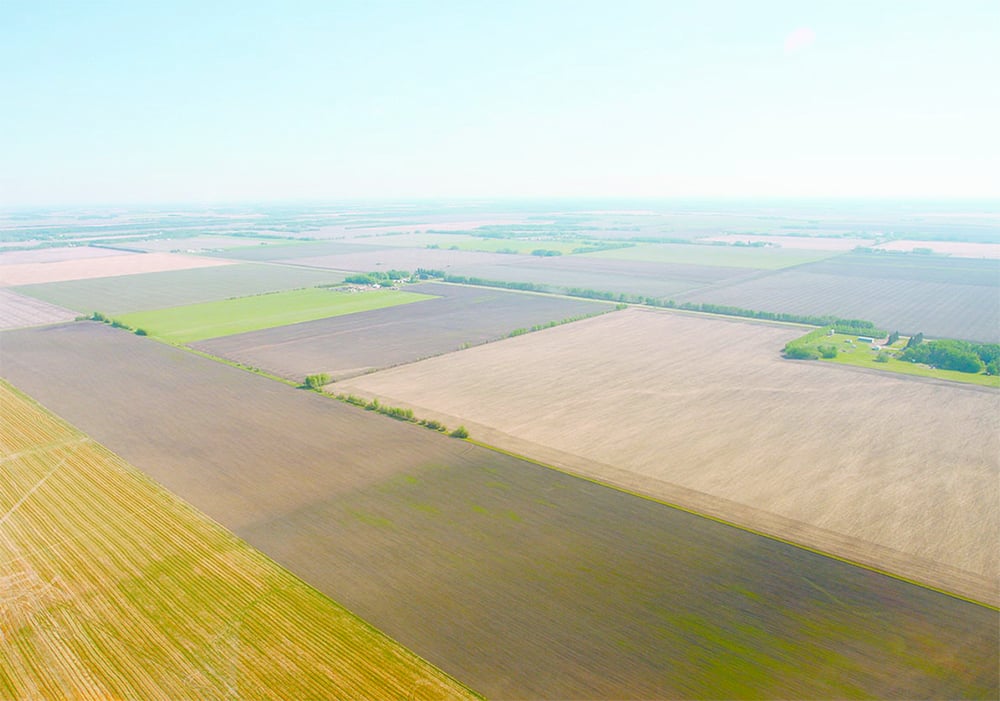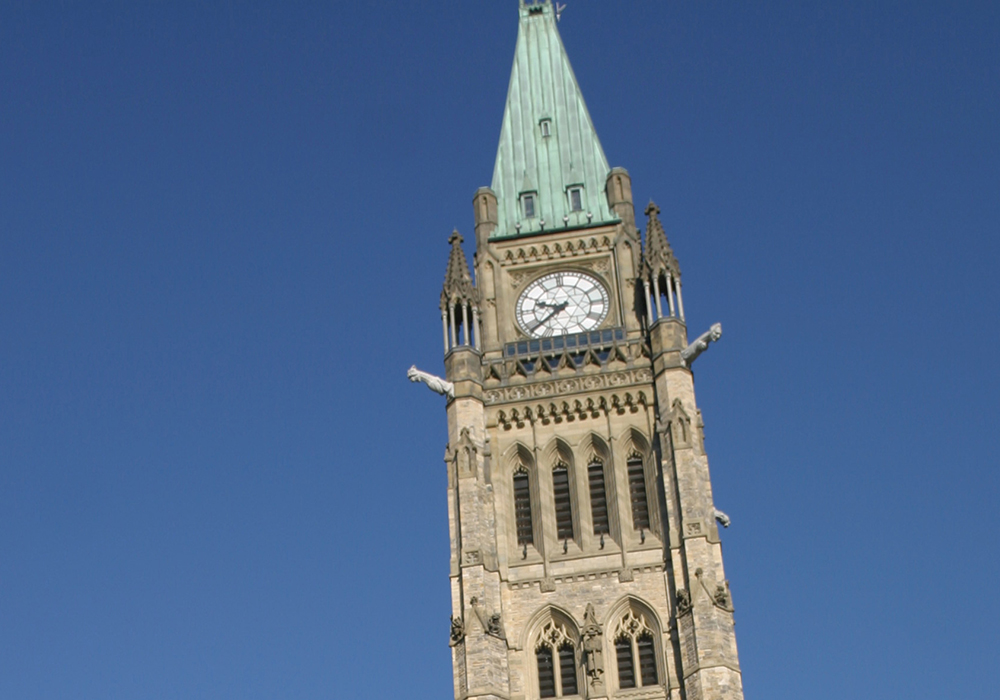I have previously mentioned that Canada’s accumulated deficit with all the COVID-19 related emergency spending programs will now most likely top a trillion dollars for fiscal year 2020-21, up from $685.5 billion last year, according to government estimates.
Many of those programs were, and if still available, continue to be extremely useful in providing a financial buffer for hard-hit companies and their employees during the pandemic. In applying for such support, however, we recommend you seek the help of your professional tax or financial expert to ensure that your applications meet the appropriate government requirements and would pass any review or audit test.
Read Also

Proactive approach best bet with looming catastrophes
The Pan-Canadian Action Plan on African swine fever has been developed to avoid the worst case scenario — a total loss ofmarket access.
CRA has announced it is starting to gear up its full auditing powers that were mostly suspended since the outbreak began. They will be looking closely at Canada Emergency Response Benefit (CERB) and the Canada Emergency Wage Subsidy (CEWS) applications.
Regarding CERB in particular, they will be matching claims to next year’s tax filing looking for signs of unreported and underreported income, claim losses and unqualified CERB benefits.
The CEWS program is being extended into the summer and is now expected to exceed $100 billion, up from the earlier estimate of $73 billion. CEWS allocations will also be monitored, focusing on how the qualifying revenue was calculated, income suppression, revenue recognition policies and how income is reported versus capital gains.
The employees must be just that and not independent contractors. And, since CEWS and the temporary 10 percent wage subsidy are tracked through a business payroll account, any liability in the account could lead to directors’ liability as well.
The news from CRA is not all bad. At least for the near future, a kinder, gentler CRA seems to be emerging. Under audit procedures, they will now accept taxpayer information by email and increased time in which to respond to any additional requests or information.
They are temporarily suspending collections on all new debts and will consider flexible payment arrangements when they resume. They are also easing payments on a whole list of other items, such as personal taxes, child and family benefit over payments and Canada Student Loans.
In restarting the audit process, CRA will focus on higher dollar audits or those audits close to completion at the outset.
Objections, appeals and tax relief for both individuals and businesses are also coming in for gentler treatment. Objections are being placed on hold with no immediate collection procedure taken.
Applications to eliminate penalties and interest may be made if COVID-19 causes a delay in filing or in making payments by the required due dates.
Grant Diamond is a tax analyst in Saskatoon, SK., with FBC, a company that specializes in farm tax. Contact: fbc@fbc.ca or 800-265-1002.
















